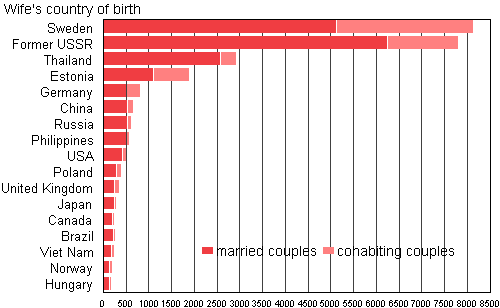Have you ever been in the situation that you go to a job interview in Finland and have absolutely no idea what is a normal salary level to ask for? How to know what a fair when negotiating salary?
Here in Finland its not very common for people to share how much money they are making. However, you might have already heard about some figures from your university's Career Services' center or from your open finnish friends.
If you have not had such luck in finding relevant information for you, here I will present some information that might help you:
Every year the workers union of economics students (SEFE) publishes a Palkkatutkimus (salary research/investigation). By joining this asociation you get access to several services, most of which are unkown to me and mostly in Finnish, but one that has been very helpful is the Palkkaneuvonta (salary advisory services). When you call the salary specialist they will advise you on how to use the interactive tool and find data about employees with similar conditions as you and tell you how much they earn. The report is only published in Finnish and Swedish.
In the report about salaries in 2010, there were more than 5000 people who participated. Out of which the median salary reported was 4520€ and the average was 5278€. These figures change widely according to your date of graduation, your level in the organisation, your specialization and if you live in the Helsinki area.
As another example you should know that students wo have one year since their graduation have a median salary of 3000€ and an average salary of 3163€, but 25% of them make over 3400€.
To see the full report you can see
an article by SEFE and register to their pages.
Additionally, if you want to know more about salaries in Finland and elsewhere. You can visit
Glassdoor.com a site were people state their salaries and companies. The information is anonymous, so be aware of the level of seriousness.



